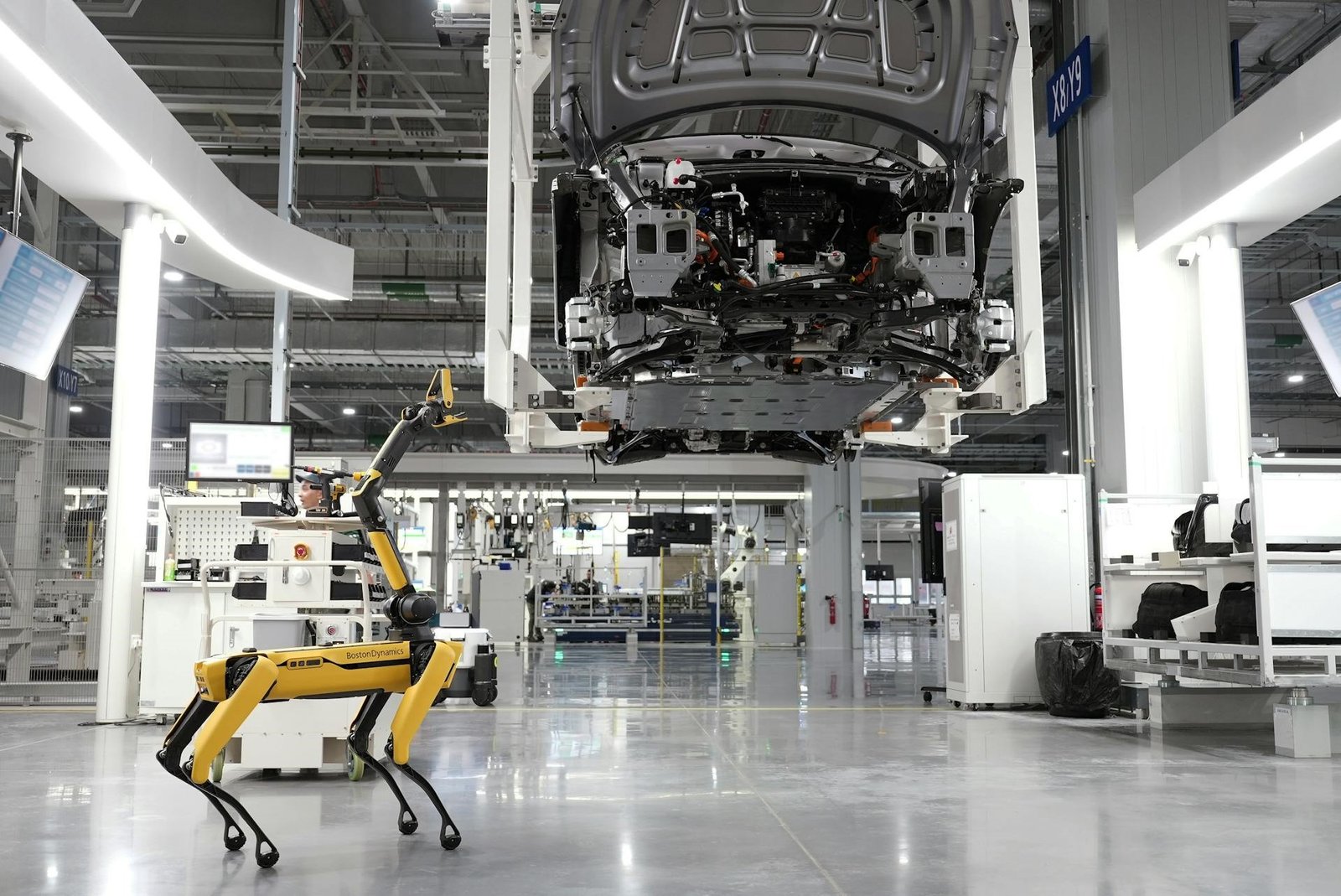By 2030, we’re looking at a world that’ll be almost unrecognizable from today. I’m talking about changes so fundamental they’ll touch everything, from how you wake up in the morning to how entire countries run their economies.
Five technologies are leading this charge. Let’s break down what this actually means for your daily life.
AI Is Already Here (And Getting Scary Good)
Remember when Siri couldn’t understand your accent? Those days are over.
AI isn’t just some futuristic concept anymore — it’s diagnosing cancer better than doctors in some cases. By 2030, your smart home won’t just turn lights on and off. It’ll know you’re getting sick before you do, adjusting temperature and humidity to help you recover faster.
Healthcare’s where this gets really interesting. AI systems can now spot patterns in medical scans that human eyes miss entirely. We’re talking about catching diseases months or even years earlier than traditional methods. That’s not just convenient — that’s life-saving.
This same technology that’s revolutionizing medicine is also making customer service chatbots that actually solve your problems instead of frustrating you to death.
Your Toaster Wants to Talk to Your Car
The Internet of Things sounds boring until you realize what it actually means. Everything’s getting connected.
Your coffee maker already knows when you wake up. Your car’s talking to traffic lights to find the fastest route home. Cities are installing sensors that detect when trash cans need emptying before they overflow.
This isn’t just cool tech for tech’s sake. Smart city infrastructure could cut commute times by over 20% and reduce energy waste by half. Imagine never hitting another red light because the entire traffic system knows exactly where every car is headed.
Manufacturing’s getting a complete overhaul, too. Machines predict when they’ll break down and order their own replacement parts. It’s like having a crystal ball for industrial equipment.
Blockchain’s Breaking Out of Crypto
Most people think blockchain equals Bitcoin. That’s like saying the internet equals email — technically true but missing the bigger picture.
By 2030, blockchain will be quietly running systems you use every day. Supply chains will be completely transparent — you’ll scan a barcode and see exactly where your food came from, who handled it, and when. No more wondering if that “organic” label means anything.
Financial services are already transforming. International money transfers that used to take days and cost $30 in fees are happening in seconds for pennies.
Here’s something interesting: US poker platforms and online gaming are starting to use blockchain for fair play verification. Players can actually verify that games aren’t rigged — something that was impossible before.
Quantum Computing Will Break Everything (In a Good Way)
Classical computers think in ones and zeros. Quantum computers think in “maybe.”
This isn’t just faster computing. It’s fundamentally different computing. Problems that would take today’s supercomputers longer than the age of the universe to solve could be cracked in hours.
Drug discovery, which currently takes 15+ years and billions of dollars, could happen in months. Climate modeling could become precise enough to predict weather patterns years in advance. Financial modeling could account for millions of variables simultaneously.
The catch? Quantum computing will also break most current encryption methods overnight. Banking, military communications, personal data — everything encrypted with today’s methods will need completely new security systems.
Reality’s Getting an Upgrade
VR and AR aren’t just for gaming anymore (though the games are getting insanely good).
Medical students are performing virtual surgeries on realistic patients before touching real ones. Architects walk clients through buildings that exist only as blueprints. Remote workers attend meetings where everyone appears to be in the same room despite being on different continents.
Education’s changing completely. Instead of reading about ancient Rome, students walk through virtual reconstructions of the Forum. Biology classes dissect virtual organisms with more detail than any physical specimen could provide.
The entertainment industry’s going wild with this: concerts where deceased musicians perform alongside living ones, sports events where you can watch from any player’s perspective, and movies where you’re not just watching the story — you’re in it.
What This Actually Means for You
These aren’t separate trends happening in isolation. They’re converging. AI-powered IoT devices using blockchain verification and quantum-encrypted communications. Your smart home that’s not just automated but genuinely intelligent, making decisions you didn’t even know needed making.
The job market’s going to flip completely. Some careers will disappear, but entirely new industries will emerge. The key is staying adaptable and curious.
Companies that ignore these trends won’t just fall behind; they’ll become irrelevant. But the ones that embrace them early are going to dominate their industries.
We’re not just talking about incremental improvements here. This is the kind of technological shift that happens maybe once in a century. The last time we saw changes this fundamental, we went from horse-drawn carriages to airplanes in a single generation.
Buckle up. The next seven years are going to be wild.

